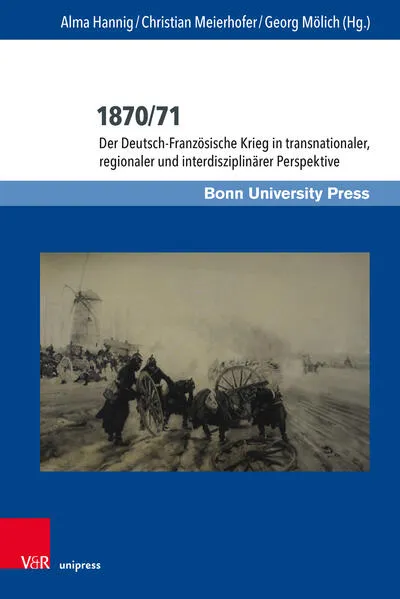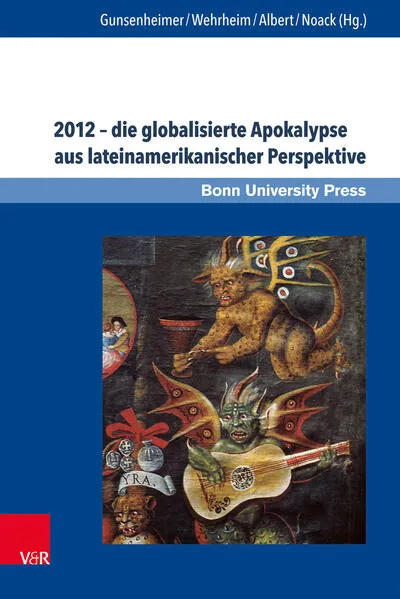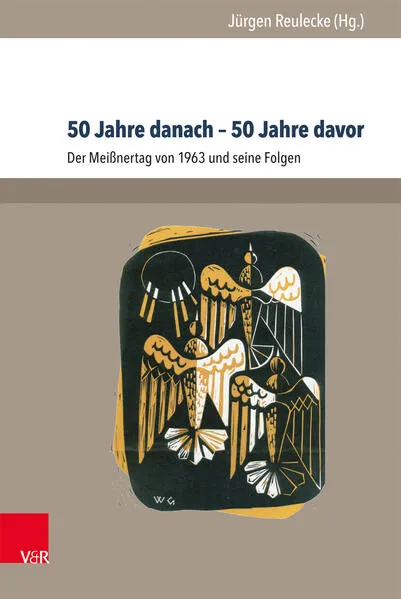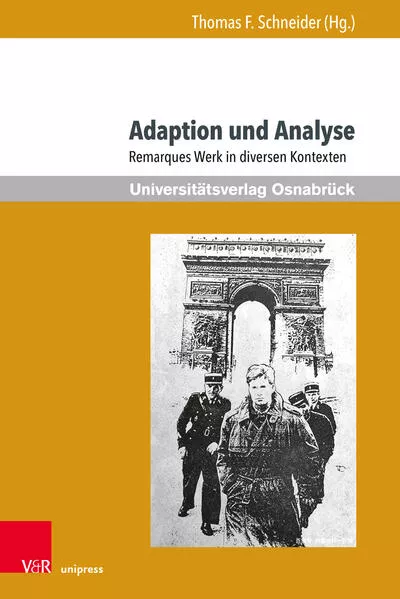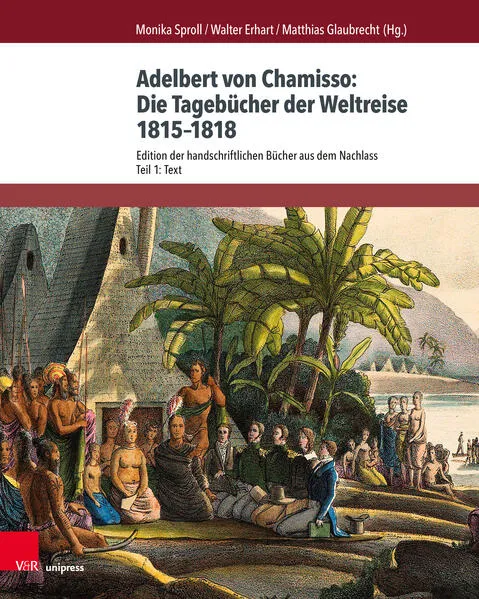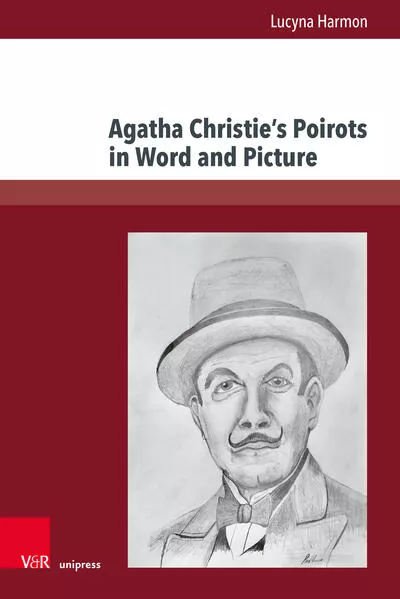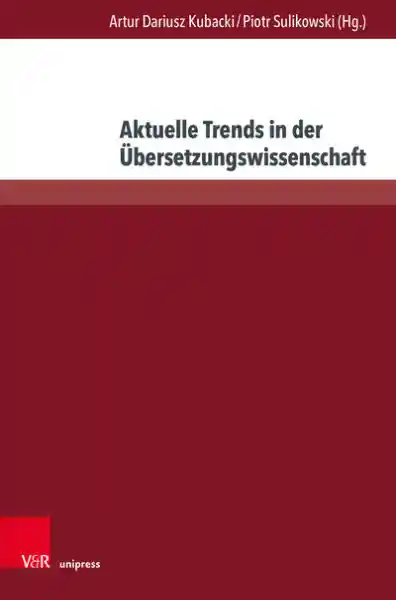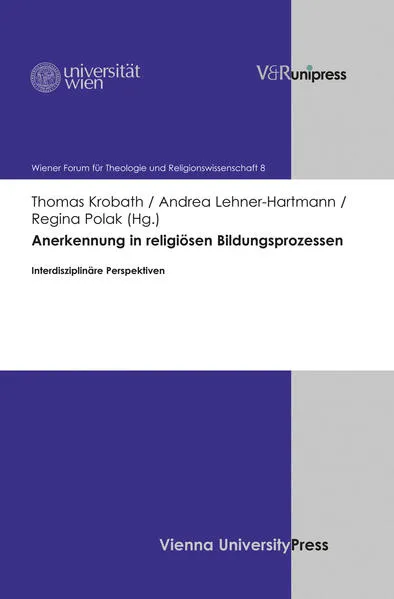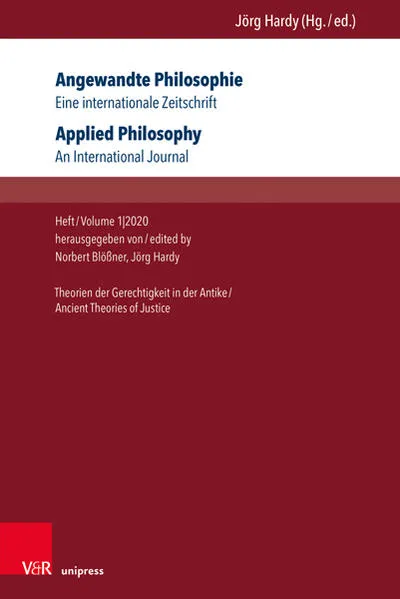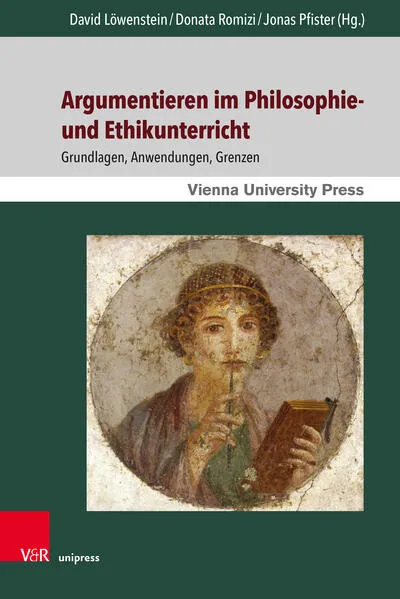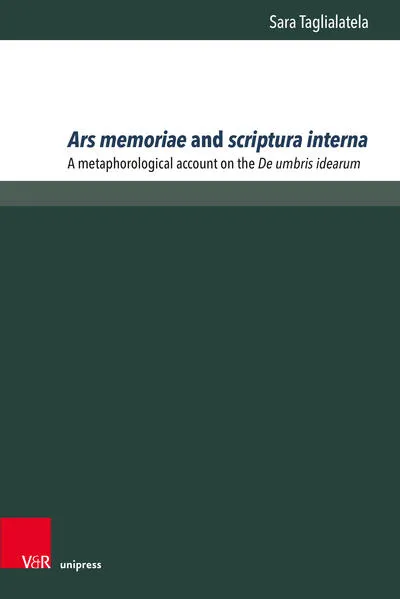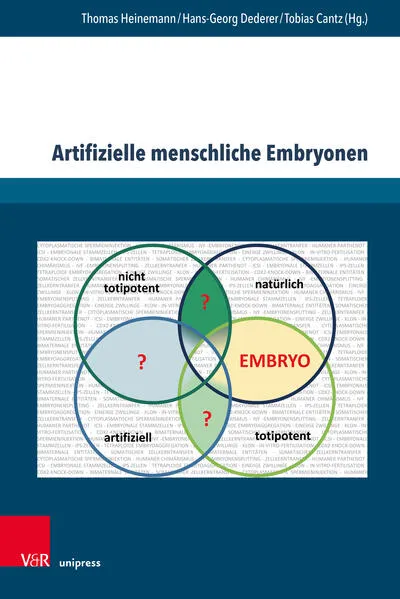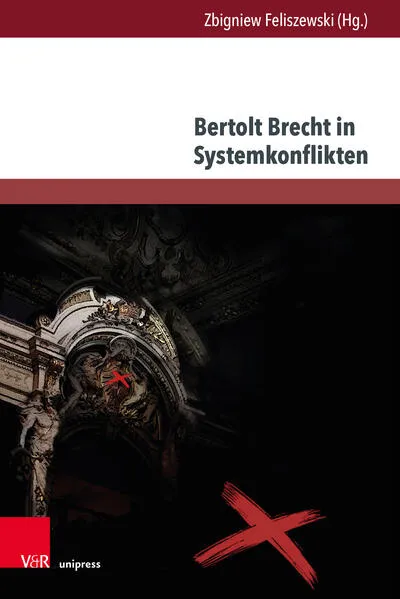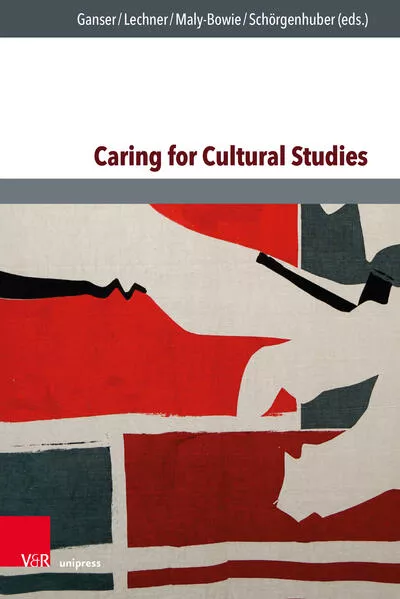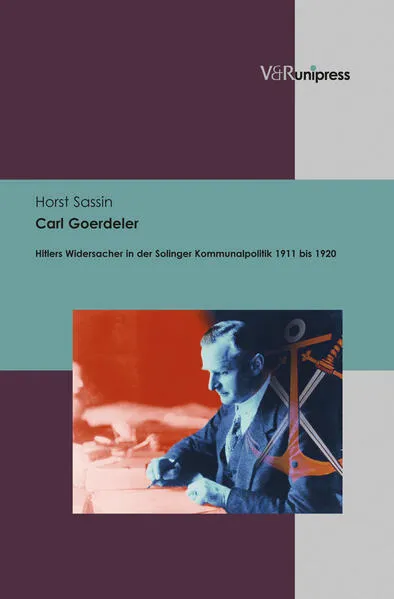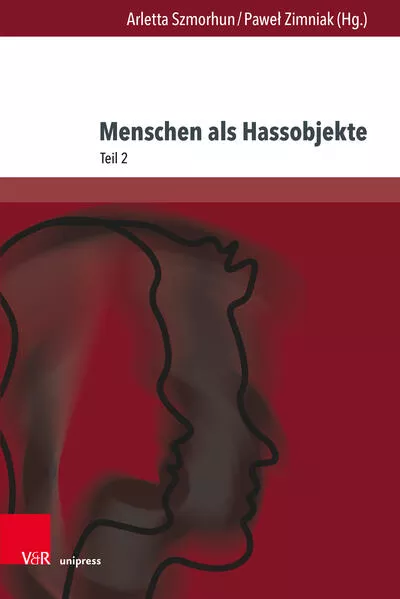
Florian Bauer
Menschen als Hassobjekte
- Interdisziplinäre Verhandlungen eines destruktiven Phänomens, Teil 2
ISBN: 978-3-847-11484-0
330 Seiten | € 50.00
Buch [Gebundenes Buch]
Dieses Buch gehört zur Reihe Andersheit – Fremdheit – Ungleichheit und enthält ca. 11 Folgen.
Erscheinungsdatum:
05.09.2022
Roman
Florian Bauer
Menschen als Hassobjekte
Interdisziplinäre Verhandlungen eines destruktiven Phänomens, Teil 2
Das Spannungsfeld zwischenmenschlicher Beziehungen wirft mit Hass seine pathologischen Schatten. Das menschliche Leben kristallisiert sich in seinen individuellen und kollektiven, privaten und öffentlichen Manifestationsformen nicht nur um die Semantik(en) von Freiheit, Gleichheit und Brüderlichkeit herum. Das Primat einer friedlichen Koexistenz von verschiedenen ›Heimatwelten‹ und der Nächstenliebe wird in Zeiten gespaltener Gesellschaften oft in sein Gegenteil verkehrt – der Mensch braucht dem Anschein nach immer jemanden, nach dem er ›treten‹ kann. Am Beispiel literatur-, kultur- und sprachwissenschaftlicher Analysen wird einerseits hass(an)getriebenen Gemengelagen von Herkunft, Ethnie und Nationalität, Kultur, ›System‹ und Weltanschauung, Konfessions- und Religionszugehörigkeit, Geschlecht, Sexualität und Körperästhetik nachgegangen. Andererseits werden die Denkfiguren von Provenienz, (Un-)Sichtbarkeit und Erfahrungsintensität des Hasses sowie die Frage nach Reziprozität im Sinne von Präventions- und Abwehrmechanismen kritisch hinterfragt.
The area of tension in interpersonal relationships casts, loaded with hatred, its pathological shadows. Human life emerges in its individual and collective, private and public manifestation forms not only around the semantics of freedom, equality and fraternity. The primacy of a peaceful coexistence of diverse ‘homelands’, charity and altruism is frequently turned into its exact opposite during the periods of split societies, since there seems to exist a common human need to always trample on someone.
On the one hand, by means of literary, cultural and linguistic analyses, hate-driven conflict situations based on origin, ethnic group and nationality, culture, ‘system’ and world view, denomination and religious affiliation, gender, sexuality and body aesthetics are investigated. On the other hand, the concepts of provenance, (in)visibility and intensity of hatred experiences as well as the reciprocity question in terms of prevention and defense mechanisms are critically questioned.
The area of tension in interpersonal relationships casts, loaded with hatred, its pathological shadows. Human life emerges in its individual and collective, private and public manifestation forms not only around the semantics of freedom, equality and fraternity. The primacy of a peaceful coexistence of diverse ‘homelands’, charity and altruism is frequently turned into its exact opposite during the periods of split societies, since there seems to exist a common human need to always trample on someone.
On the one hand, by means of literary, cultural and linguistic analyses, hate-driven conflict situations based on origin, ethnic group and nationality, culture, ‘system’ and world view, denomination and religious affiliation, gender, sexuality and body aesthetics are investigated. On the other hand, the concepts of provenance, (in)visibility and intensity of hatred experiences as well as the reciprocity question in terms of prevention and defense mechanisms are critically questioned.
Unterstütze den lokalen Buchhandel
Nutze die PLZ-Suche um einen Buchhändler in Deiner Nähe zu finden.
Bestelle dieses Buch im Internet
| Veröffentlichung: | 05.09.2022 |
| Höhe/Breite/Gewicht | H 23,7 cm / B 16 cm / 597 g |
| Seiten | 330 |
| Art des Mediums | Buch [Gebundenes Buch] |
| Preis DE | EUR 50.00 |
| Preis AT | EUR 52.00 |
| Auflage | 1. Auflage |
| Reihe | Andersheit – Fremdheit – Ungleichheit 0 |
| ISBN-13 | 978-3-847-11484-0 |
| ISBN-10 | 3847114840 |
Diesen Artikel teilen
0 Kommentar zu diesem Buch
.... weitere Publikationen von V&R unipress
Leserunde
Okkultes Historiendrama über den bedeutendsten Geheimkult der Antike - Spannung, Archäologie, Liebe und Mystery
Bewerbungsfrist bis zum: 17.03.2026



